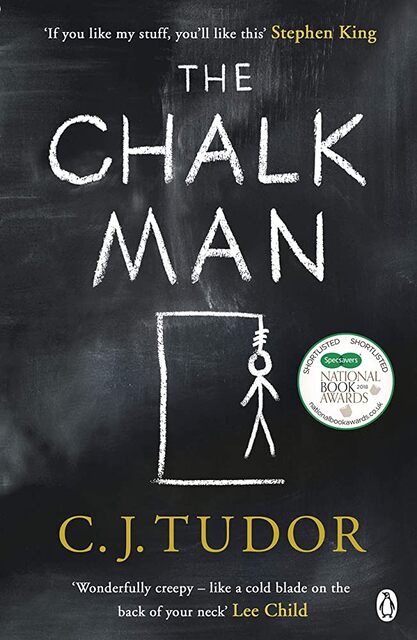My Sister, the Serial Killer, by Oyinkan Braithwaite My Sister, the Serial Killer is a slender little thriller about the complicated love between sisters. Korede is older and plainer, working as a nurse in Lagos. She's a compulsive cleaner, and she has a secret crush on Tade, an eligible doctor at her hospital. Ayoola is younger and gorgeous and she's just finished killing a boyfriend--the third time this has happened. Her claims of self-defense sound hollow, considering her complete lack of remorse. Sensible older sister Korede has to stop Ayoola from posting happy selfies when she's supposed to be mourning a missing boyfriend.
And then the beautiful, dangerous, probably psychotic Ayoola sets her sights on the handsome doctor. There are some dark themes along with the dark humor. If you don't like reading violence, this is not the book for you! But on the unlikely chance you've wondered what it would be like, mixing Shirley Jackson's We Have Always Lived in the Castle with the movie Arsenic and Old Lace, you have an answer! Nigerian author Oyinkan Braithwaite delivers something a little different from dainty murders in the English countryside. I enjoyed it as an audiobook, read by Adepero Oduye.
0 Comments
A version of this post originally appeared on May 13, 2023.
In C. J. Tudor's thriller The Chalk Man, the teenaged narrator and his mates* stumbled upon a gruesome murder in the 1980s. Now an adult, the narrator drinks too much and struggles to fit in. When one of the lads* from his past reappears, claiming to know the identity of the killer, old memories resurface, and a new body is found. This book reminds me of my own thriller, a primary difference being that this one is published and mine is not. Both alternate between the present day and 30ish years ago; both feature mothers turning up alive after everyone thought they were dead; both feature a similar tone and prose style; and both have some squicky scenes designed to make the reader uncomfortable. Plot and action scenes are important to any crime novel, but not every writer makes you care about the characters. A couple of craft observations: first, Tudor uses dream sequences. This is the prerogative of the writer, but it's a risky move, because lots of writers skim right past. Dream sequences can be frustrating because we don't know which details are relevant. Second, when one of the characters is walking around the house at night in socks, Tudor uses the verb "padding" to describe the movement. I never realized how clichéd this is until one of my writer friends pointed it out. Now you too can annoyed when characters pad about. Because this novel reminds me so much of my own, I naturally want to recommend it, with the caveat that there are scenes of physical and sexual violence. *it's set in England. I'm allowed to say that. |
Book talks
When Covid first hit, I started doing book talks on social media as a way to keep in touch with people. I never got out of the habit. I don't discuss books by my clients, and if I don't like a book, I won't discuss it at all. While I will sometimes focus on craft or offer gentle critical perspectives, as a matter of professional courtesy, I don't trash writers. Unless they're dead. Then the gloves come off. Archives
February 2024
Tags
All
|



 RSS Feed
RSS Feed